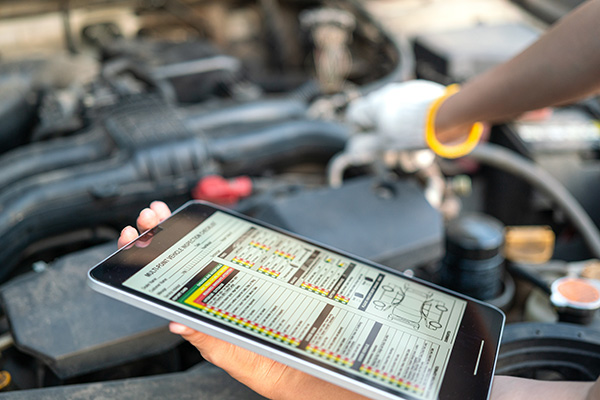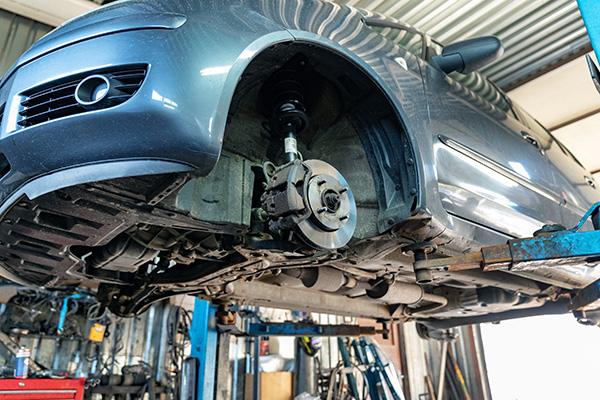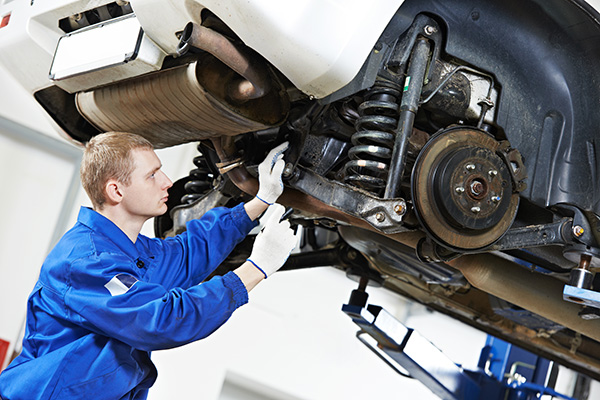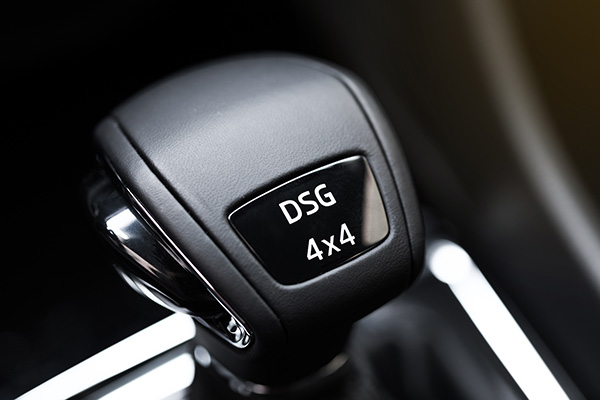Posted on 2/27/2026

Hybrids make people feel a little safer about fuel. The car is quiet, the electric motor helps at low speeds, and you can sometimes drive farther than you expect on a tank. That can tempt drivers to stretch it, especially when they are busy or the gas station is out of the way. Then it happens. The engine shuts off, warning messages pop up, and you are not sure if the hybrid battery will keep you moving. Running out of gas in a hybrid is not always the same as running out of gas in a standard car, and it can create extra headaches. What Happens Right Before It Runs Out All hybrid vehicles will give clear warnings, such as low-fuel range messages, a fuel light that stays on, and sometimes a more urgent alert. The car may feel normal until the moment the gasoline engine cannot run. You will notice a sudden loss of power during acceleration, then the vehicle tries to rely more on electric drive. Sometimes, the engine starts and stops oddly, or it cranks longer than u ... read more
Posted on 2/13/2026

Surprise repair bills usually happen for one of two reasons. Either a problem was developing quietly, and nobody caught it early, or the information got lost in translation between what the car needed and what the owner expected. A digital vehicle inspection is designed to close that gap, using real documentation instead of vague descriptions. It turns the visit into something you can actually see and understand. What A Digital Vehicle Inspection Really Is A digital vehicle inspection is a structured check of your vehicle that includes photos, notes, and measured results captured during the appointment. Instead of trying to remember what a technician said at the counter, you get a clear report that shows what was found and where. It also creates consistency. The same key areas get looked at each time, so it is easier to spot changes from one visit to the next, even if the symptoms are subtle. What Gets Documented During A DVI A solid DVI does no ... read more
Posted on 1/30/2026

A car that wanders can be hard to describe until you’ve driven one that tracks straight again. You’re not fighting the steering wheel, but you’re doing constant little corrections. On a straight road, it feels like the car wants to drift, then you nudge it back, then you nudge it again. It can show up gradually, which is why many drivers chalk it up to road grooves or wind and keep going. Why Wandering Is Easy To Ignore At First Wandering often starts as a small change in steering feel, not a dramatic pull. The vehicle still goes where you point it, but it no longer holds a steady line without extra attention. If it came on slowly, your hands adapt, and you may not notice how much work you’re doing until you drive another car and realize the difference. Road conditions can mask it too. Grooved pavement, crosswinds, and uneven road crowns can make any vehicle drift a bit. The giveaway is consistency. If you notice it on multiple roads, at mul ... read more
Posted on 1/15/2026

Suspension bushings don’t get much attention until the car starts making annoying noises while driving. A clunk you can’t unhear, steering that feels less precise, tires wearing oddly fast. The funny part is that bushings can be worn for a long time before anything feels dramatic. They’re basically the cushion and pivot points between metal parts, and once the rubber starts cracking or separating, the suspension can shift around more than it should. If you’re trying to catch bushing wear early, you’re looking for subtle changes, not a single huge symptom. Here are five signs that often show up before the problem becomes obvious. 1. You Hear A Small Thump Over Speed Bumps And Driveway Entrances Worn bushings can let control arms or sway bar components move slightly out of position when the suspension loads and unloads. That can create a dull thump that’s easy to blame on a random rattle in the cabin. It’s usually most notice ... read more
Posted on 12/23/2025

A lot of Audi and VW drivers notice right away that their cars shift differently than a typical automatic. The DSG transmission feels quick, smooth, and almost predictive when you get on the throttle. That is not an accident, it is a design that blends the feel of a manual with the convenience of an automatic. Understanding what the DSG is doing behind the scenes helps explain why it can feel so strong and responsive on the road. How the DSG Transmission Works in Audi and VW A DSG is a dual clutch transmission, which means it uses two separate clutches and two sets of gears inside one housing. One clutch handles the odd gears, the other handles the even gears, and the computer can preselect the next gear before it is actually needed. When it is time to shift, the transmission simply hands power off from one clutch to the other. That design lets the DSG change gears very quickly while keeping power flowing to the wheels instead of pausing between shifts. Qu ... read more